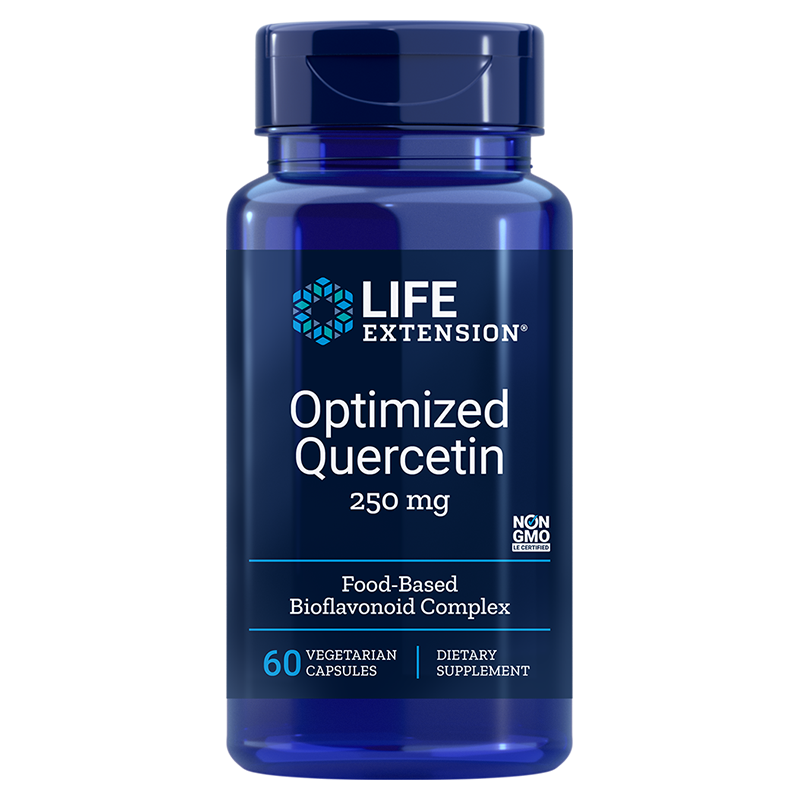Source: Thailand Medical News Jan 16, 2020 6 years, 3 weeks, 1 day, 22 hours, 23 minutes ago
A research paper in
Nutrition Reviews finds that intake of the flavonoid
quercetin can greatly reduce
high blood pressure in patients suffering from cardiovascular disease.

Medical researchers here consulted multiple studies that assessed the impact of
quercetin supplements on
blood pressure and glucose levels.
Quercetin is a plant pigment commonly found in many plants and foods, such as onions, teas, apples and red wine. Each study utilized here assessed blood glucose, total cholesterol, and/or insulin. 17 studies with a total of 886 participants were included.
According to the researchers who told
Thailand Medical News, “The pooled result from 13 treatment arms throughout the studies consulted showed that
quercetin administration markedly reduced systolic
blood pressure. Participants who consumed
quercetin for eight weeks or more showed significantly changed levels of high-density lipoprotein cholesterol.
Quercetin did not markedly influence total cholesterol, or significantly alter fasting blood glucose concentrations.
Quercetin supplements was not found to cause serious adverse events in any of the included studies.”
The medical study concluded that a reduction in
blood pressure of more than 10 mmHg lowers cardiovascular risk by 50% for heart failure, 35% - 40% for stroke, and approximately 20% to 25% for myocardial infarction. Researchers here found that the favorable effects of
quercetin on
blood pressure support the use of
quercetin supplements for patients with
hypertension.
Before consuming
Quercetin supplements however, individuals are advised to consult their doctors first and also before buying any dietary or nutritional
supplements, individuals are advised to do due diligence as they are many health
supplement sold online and in shops, that are fake, inferior and do not necessarily contain the right bioactive ingredients.
Reference : Haohai Huang et al, Effect of quercetin supplementation on plasma lipid profiles, blood pressure, and glucose levels: a systematic review and meta-analysis, Nutrition Reviews (2019). DOI: 10.1093/nutrit/nuz071
